Will this universal threat give birth to global solidarity – or will barbarian capitalism bloom?
Philosopher Slavoj Zizek has been mocked for his optimistic assumption that the virus will boost cooperation and coordination. He also admits there is an alternative scenario, in which things will get a whole lot worse, writes Andy Martin

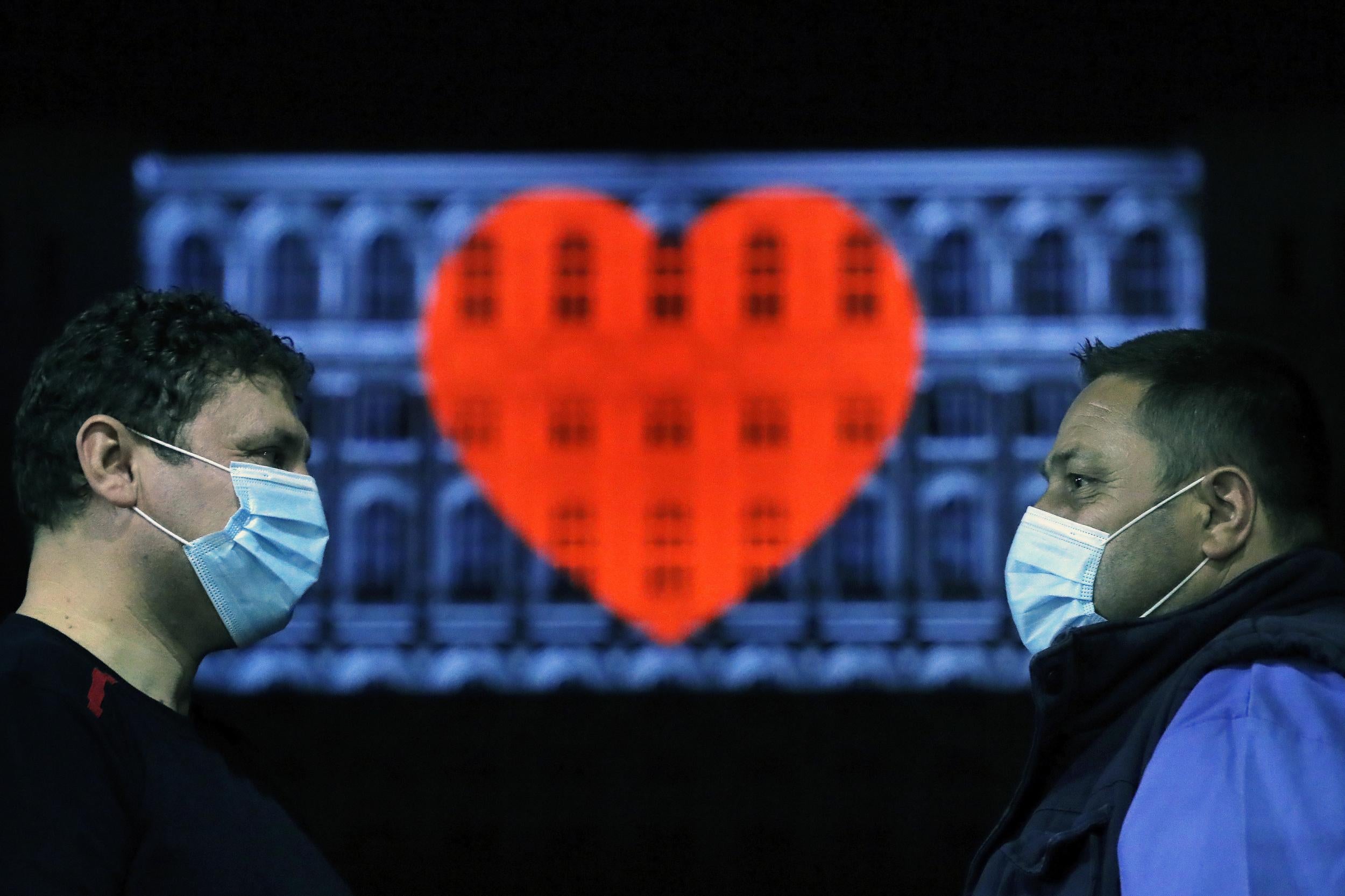
The sky is bluer and toxic emissions are way down. And you finally got round to doing those DIY jobs. Is there anything else by way of a coronavirus silver lining? Slavoj Zizek thinks there is. For one thing, those sailing “obscenities” known as cruiseships have taken a titanic hit (he was never a fan) and Disneyland (“a boring and stupid place”) has become a ghost town. But more importantly, Covid-19 should, in theory, enable us to think more deeply about our lives than we have done before.
Zizek, a Slovenian philosopher who is also international director at Birkbeck College in London, believes we are likely to become more philosophical with mortality stalking us relentlessly. Dr Johnson likewise thought that the prospect of being hanged in a fortnight would “concentrate the mind wonderfully”. Plato, at the dawn of western philosophy, went one step further and maintained that the serious philosopher really had to die to attain enlightenment and the elusive realm of the truth. Socrates, his teacher, for one, did not shy away from knocking back the hemlock.
But in the brief time we have left, while awaiting the inevitable, we don’t have to watch Netflix (Zizek recommends Icelandic noir), we can still cogitate, perhaps with greater lucidity than before. And perhaps with a degree of remorse, as we see our past lives unreel before our mind’s eye. “Maybe,” Zizek suggests, “some British people will gather the courage to feel shame about falling for the ideological dream that brought them Brexit.” It’s a stretch, but it’s possible to imagine Boris Johnson lying in bed with oxygen being pumped into him, surrounded by nurses who lack PPE, and saying to himself: “What have I done?!” Similarly Zizek anticipates that some Israelis will feel bad about Netanyahu and Trump (but then many already do).
Zizek proves his point by writing what so far as I know is the first single-authored book to reflect on the hyperviral era: Pandemic! Covid-19 Shakes the World. It’s a short and coruscating book but (such is the fluidity of contemporary publishing) it acquired an extra chapter even while I was reading it, and for all I know it could go on from a modest The Outsider-length to War and Peace (or Game of Thrones?) before he’s done.
This is philosophy as reportage, only one short and fevered breath behind the latest headlines. One thing is for sure, Zizek must have been remarkably quick off the mark. While governments were covering up and quibbling and wavering over what to do about it, he was already well into chapter 4 (“Welcome to the Viral Desert”). In a way, lockdown has suited him rather well. He was already a pretty locked-down kind of guy to begin with, and is a natural self-isolator: “I like the idea of being confined to one’s apartment, with all the time needed to read and work. Even when I travel, I prefer to stay in a nice hotel room and ignore all the attractions of the place I’m visiting. A good essay on a famous painting means much more to me than seeing this painting in a crowded museum.”
To some extent, although I think everybody now agrees that Covid-19 is real and not a “Chinese hoax”, everyone will only find in it a confirmation of what they already thought. Zizek is a hip Hegelian-Lacanian-Marxist thinker with a fondness for Hollywood who strangely enough finds our No 1 invisible enemy of the people to be of a pronounced Hegelian-Lacanian-Marxist tendency as well as enacting the Steven Soderbergh movie, Contagion (with a little bit of War of the Worlds and I Am Legend thrown in). And being a communist, he thinks the pandemic is communist.
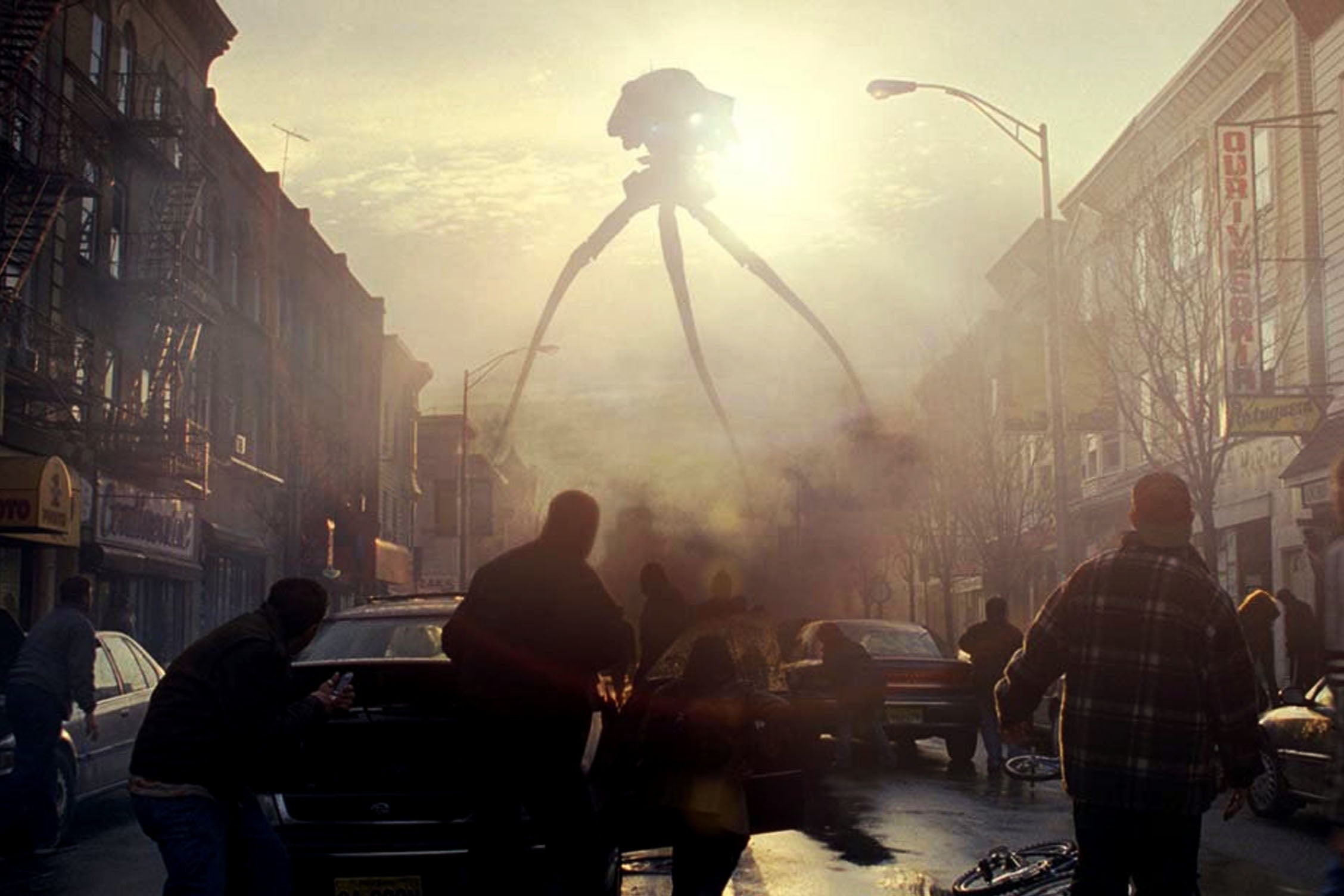
He surely has a point. Marx wrote that “there is a spectre stalking Europe – the spectre of communism”. You can delete “communism” and replace it seamlessly with “Covid-19”. Governments and royal families tremble alike in its presence. Just like the Revolution, the pandemic has overthrown our ancien régime and we are having to adjust our way of life to fit in with it. And, inevitably, there are casualties, piling up in refrigeration units from Beijing to New York. As John Lennon might have said, “Covid is what happens to you when you’re busy making other plans.”
Lovelock’s theory of Gaia would predict that if we go on poisoning the planet then the planet is bound, ultimately, to poison us. To get its own back and settle accounts
Zizek draws attention to some of the manifest absurdities of the current crisis. Whatever the election result, radical change is now on the agenda. Even the most dyed-in-the-wool conservatives come out sounding a quasi-communist note. The chancellor offers (if you can ever get the .gov website to work) a deal that outstrips Jeremy Corbyn’s wildest social welfare dreams. The prime minister declares the re-nationalisation of at least part of the rail network. The pandemic has overturned a lot of our lazy assumptions and certitudes.
But while we are doing all this re-thinking, we are bound to ask the question, does the pandemic have a meaning? According to Zizek: “There is no logic… The really difficult thing to accept is the fact that the ongoing epidemic is a result of natural contingency at its purest, that it just happened and hides no deeper meaning.” On the other hand, at least we are learning a lesson in humility: “No matter how magnificent the spiritual edifices we, humanity, construct, a stupid natural contingency like a virus or an asteroid can end it all.”
On the face of it, the virus has no purpose other than to self-replicate. Which, as Richard Dawkins is keen to point out, is basically all our selfish genes are good for anyway. Go forth and multiply. The pathogen doesn’t actually intend to kill anyone. But if this is a plague of Biblical proportions – in fact well beyond Biblical, since all those the frogs and locusts only affected one relatively limited part of Mesopotamia – is it reasonable to think of it as a form divine punishment?
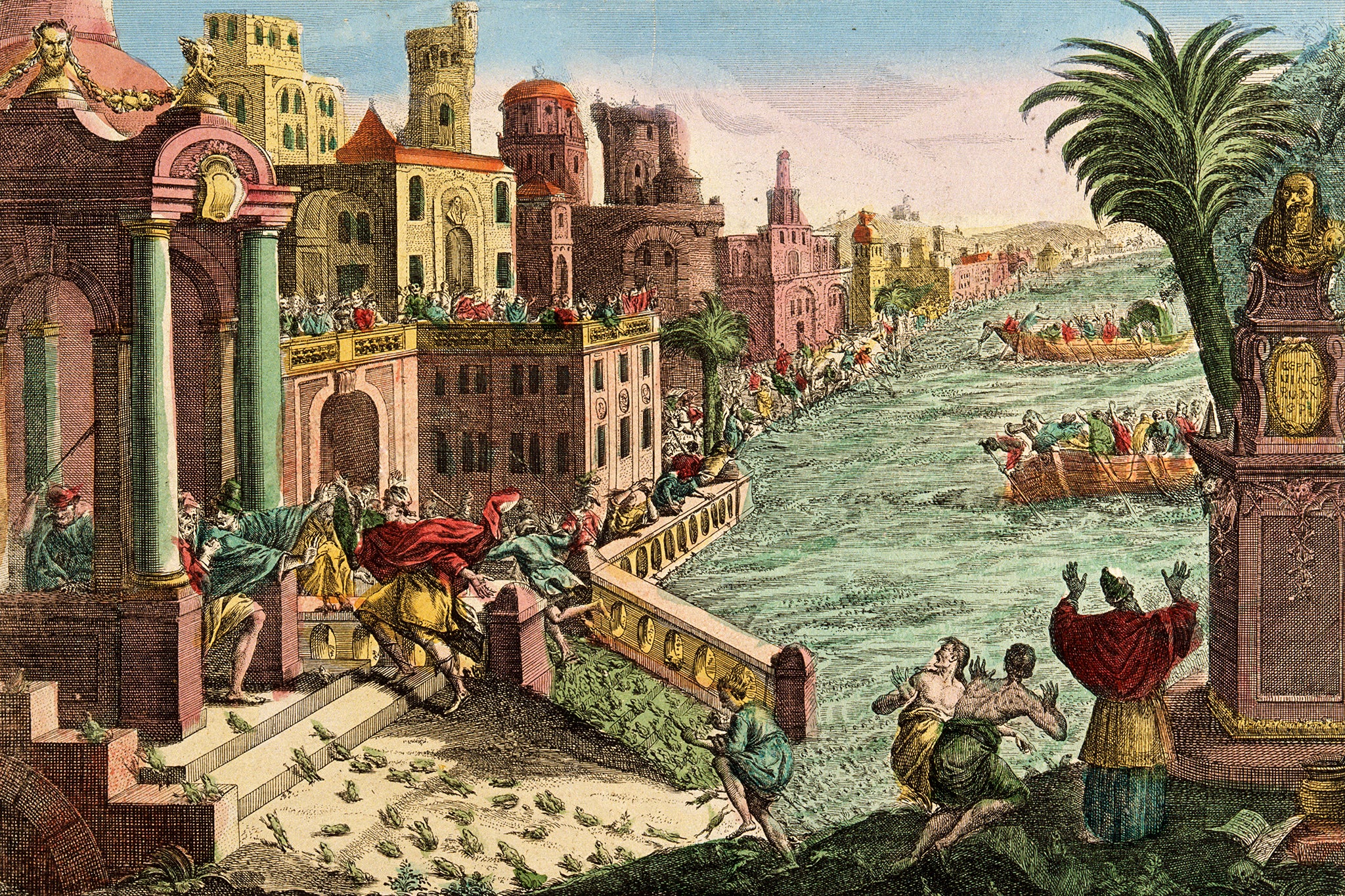
Without wanting to sound like a bearded prophet or bible-thumping preacher, I think it is. Possibly not divine, but definitely a punitive response to the over-reach of the anthropocene. A form of sanction for our sins. To some extent, we can blame the Bible or at least the speciesist mindset that produced it. Does the Book of Genesis not state that humans should have “dominion” over fish, fowl, cattle and “every creeping thing that creepeth upon the face of the earth”? On every continent we have taken this idea too literally. Our treatment of wildlife, our eco-vandalism, and the bland assumption that we can eat anything we can catch – including cats and bats – has given rise to a zoonotic disease, or in other words the revenge of the natural world.
Lovelock’s theory of Gaia would predict that if we go on poisoning the planet then the planet is bound, ultimately, to poison us. To get its own back and settle accounts. From HIV and Ebola to Mers and Sars, this is a classic case of the chickens (and other animals) finally coming home to roost. We all know that cows like to eat grass (or, in an ideal world, grasses). Mad cow disease (or BSE) arose because we had an idea it would be clever to force-feed them other dead animals, and then eat them.
Civlisation is inseparable from sickness. In many ways, we are the pathogen. In the 18th century, Malthus predicted that over-population would almost certainly result in mass death from pollution and disease. The poorer you were, the more likely you were to die. Statistically, something similar applies now: you are more likely to be reaped by the Covid Reaper if you are broke, or homeless, or an ethnic minority. If you can work from home (but not a care home), then you’re safe or safer: not so if you’re working in a shop or a factory.
“Who, going forward, will be able to afford to continue shaking hands and embracing?” asks Zizek. “The privileged few, that’s who.” He recalls that Boccaccio’s Decameron, written in the 14th century in the wake of the Black Death, is composed of stories told by a group of young men and women who have taken refuge in a secluded villa outside Florence to escape the plague afflicting the city. “The financial elite will similarly withdraw into secluded zones where they will amuse themselves by telling stories in the manner of The Decameron, while we, ordinary people, will have to live with viruses.”
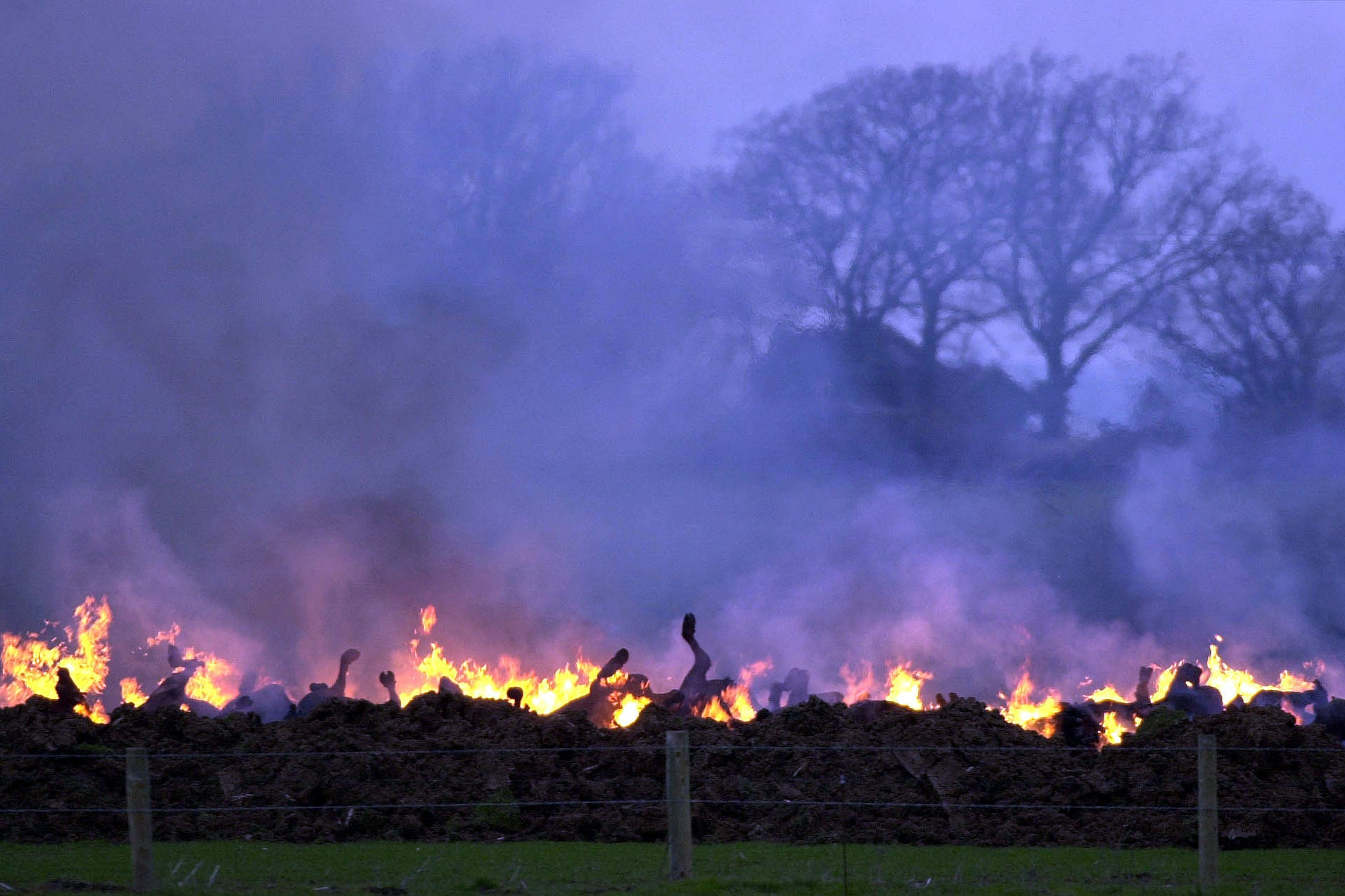
So while we are having our minds concentrated, perhaps we can also reflect on what we can do to prevent it happening in the future. And it turns out the single most important thing we can do is stop butchering other animals. Or using them as fashion accessories or medicine. Because by killing them we are ultimately killing ourselves. In 1933, in his novel, The Human Condition, André Malraux recalled the horrific image of Chinese political prisoners being lined up to be executed, one by one, by being thrown in the boiler of a locomotive. His story is an allegory of what we are capable of doing to ourselves. And at present we are still firing up the boiler.
But is the future really going to be communist? Zizek, in Pandemic!, thinks it’s possible. Maybe the choice of the word “communist” is a mistake given that the disease originated in communist China. The people of Hong Kong are not exactly voting to be more communist. Perhaps only nostalgic Stalinists and Maoists would applaud. In a totalitarian society, the first thing you do is arrest the doctor – as actually happened to Li Wenliang – who dares to draw attention to a new disease and accuse him of spreading false rumours. Which helps to explain why Zizek concedes that we have to start using the word communist to mean something rather different.
Now that America has outlawed immigration, the chances have gone up of ‘a new barbarian capitalism’, an ever more paranoid surveillance society in which racists rule
It is obvious that we need strong state intervention – not just in China – to cope with epidemics. We need healthcare networks, and because this is a pandemic, possibly a global healthcare network. “Maybe another and much more beneficent ideological virus will spread and hopefully infect us: the virus of thinking of an alternate society, a society beyond nation-state, a society that actualises itself in the forms of global solidarity and cooperation.” Zizek invokes the utopian potential in disaster movies in which “a universal threat gives birth to global solidarity, our petty differences become insignificant, [and] we all work together to find a solution”.
“America first” makes little sense when it’s only first in terms of fatalities. But at the same time we have Trump kicking out at WHO. Maybe “we’re all in the same boat”, as they say, but that doesn’t mean that we won’t end up eating the cabin boy if necessary. A global emergency means a scramble for scarce resources. We are more together than ever before and further apart. As Zizek says: “It is difficult to miss the supreme irony of the fact that what has brought us all together and promoted global solidarity expresses itself at the level of everyday life in strict commands to avoid close contacts with others, even to self-isolate.”
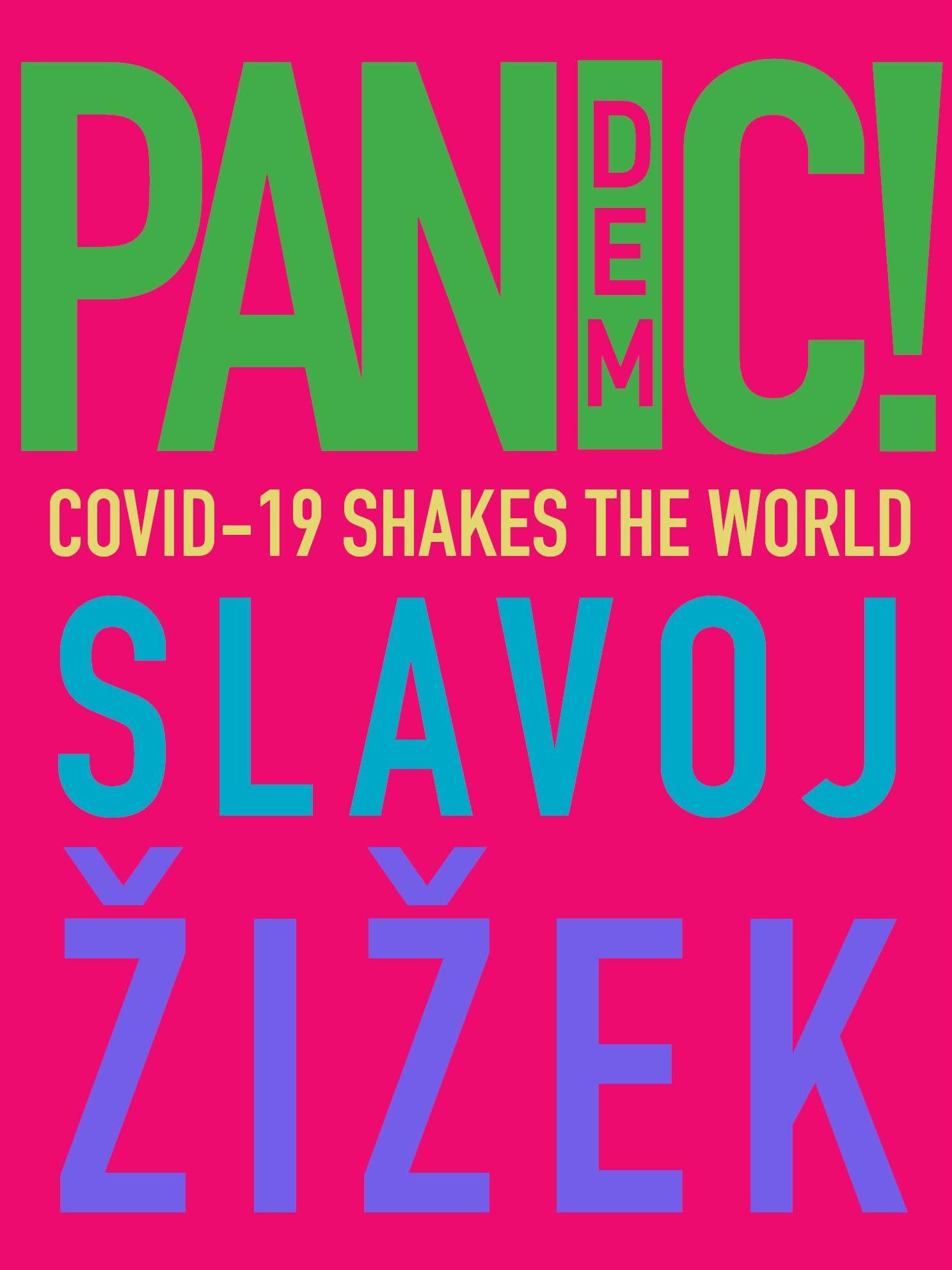
Zizek admits that he has been mocked for his optimistic assumption that the virus will boost cooperation and coordination. He concedes that there is an alternative scenario, in which we don’t mend our ways but simply go on blindly self-harming. “Hegel wrote that the only thing we can learn from history is that we learn nothing from history, so I doubt the epidemic will make us any wiser.” Now that America has outlawed immigration, the chances have gone up of “a new barbarian capitalism”, an ever more paranoid surveillance society in which racists rule. Xenophobia will find an outlet in the notion of “quarantining” anyone we don’t like. And the sick and infirm are left to die.
We need philosophers to imagine these alternate outcomes. Either way it is clear that everything we took for granted will have to change in the new viral world, from flying to football to bodily contact. I was finally convinced of this the day I heard a married woman phone into a radio show and ask the following question: “My husband is 6 foot 6 and breathes all over me: do I have to sleep in the same bed as him?” There are a lot of people who won’t object to mandatory social distancing.
Zizek may be the first philosopher to write a whole book about the coronavirus, but Albert Camus, back in the 1940s, refracted his own experience of the Second World War through his allegorical novel, The Plague. For anyone reading that book now, the random deaths and the pervasive sense of being cut off and the heroic efforts of the “sanitary squads” will be all too familiar. The last page is a warning that the “war” against pestilence is never over: “The plague bacillus never dies or disappears for good… it bides its time in bedrooms, cellars, trunks, handkerchiefs and papers.”
And the same is true of the virus, except that it is lurking on door handles, on tube trains, in football stadiums, in schoolrooms, and in the air we breathe.
Pandemic! Covid-19 Shakes the World by Slavoj Zizek is published by OR books.
Andy Martin is the author of Surf, Sweat and Tears: The Epic Life and Mysterious Death of Edward George William Omar Deerhurst
Join our commenting forum
Join thought-provoking conversations, follow other Independent readers and see their replies
Comments